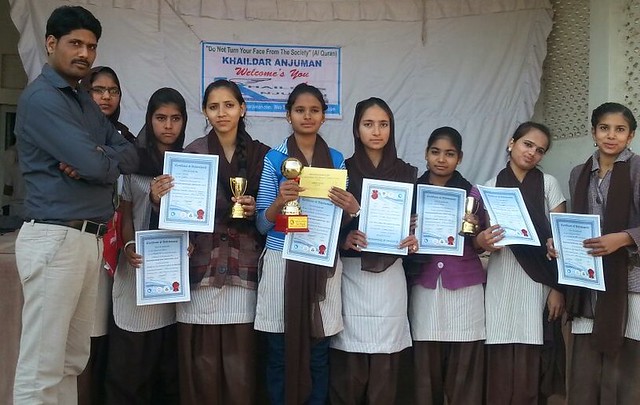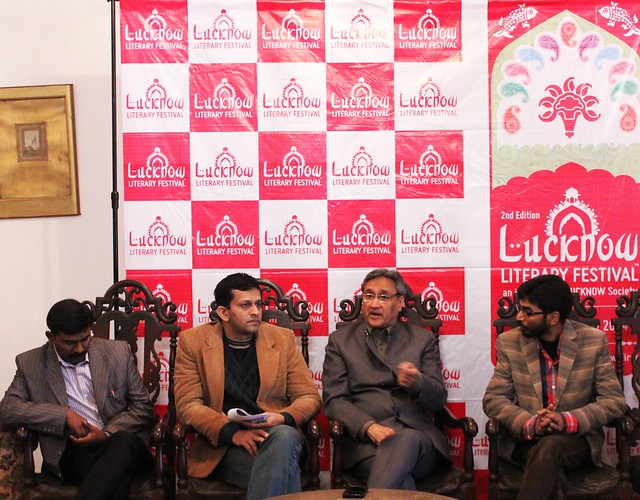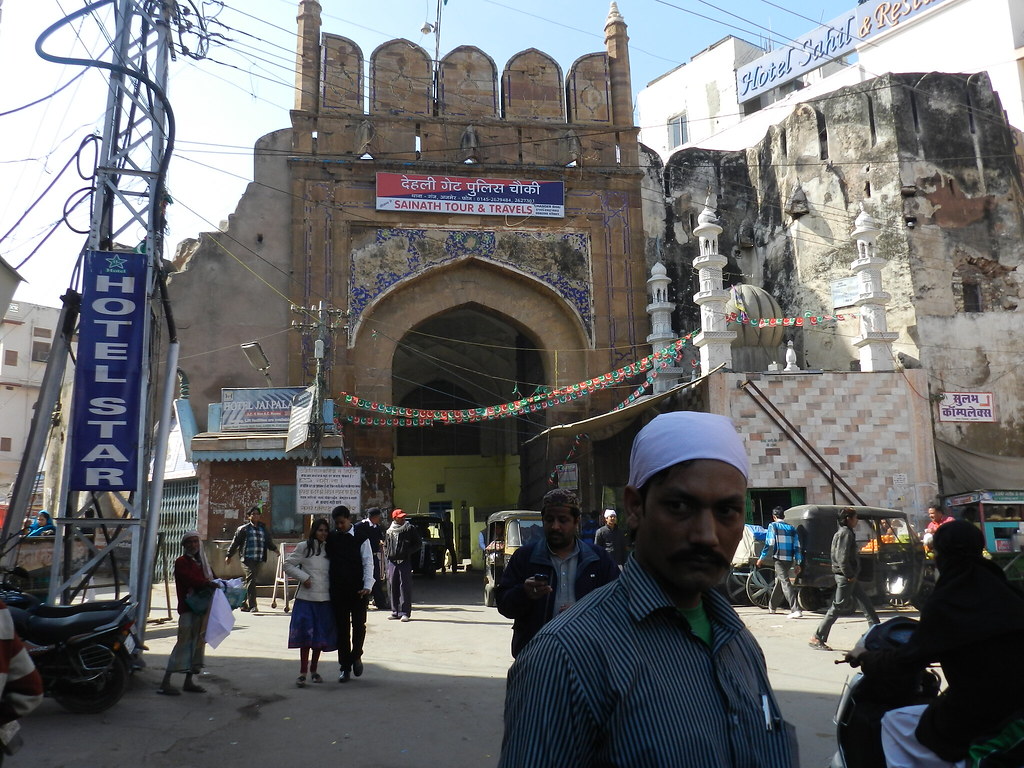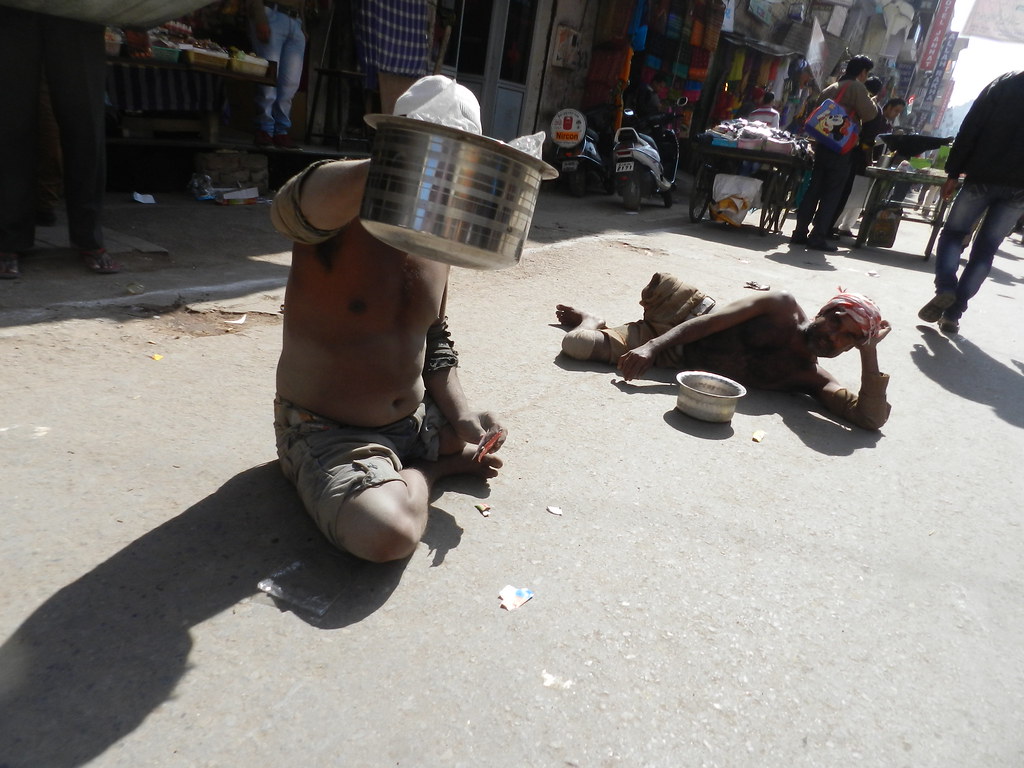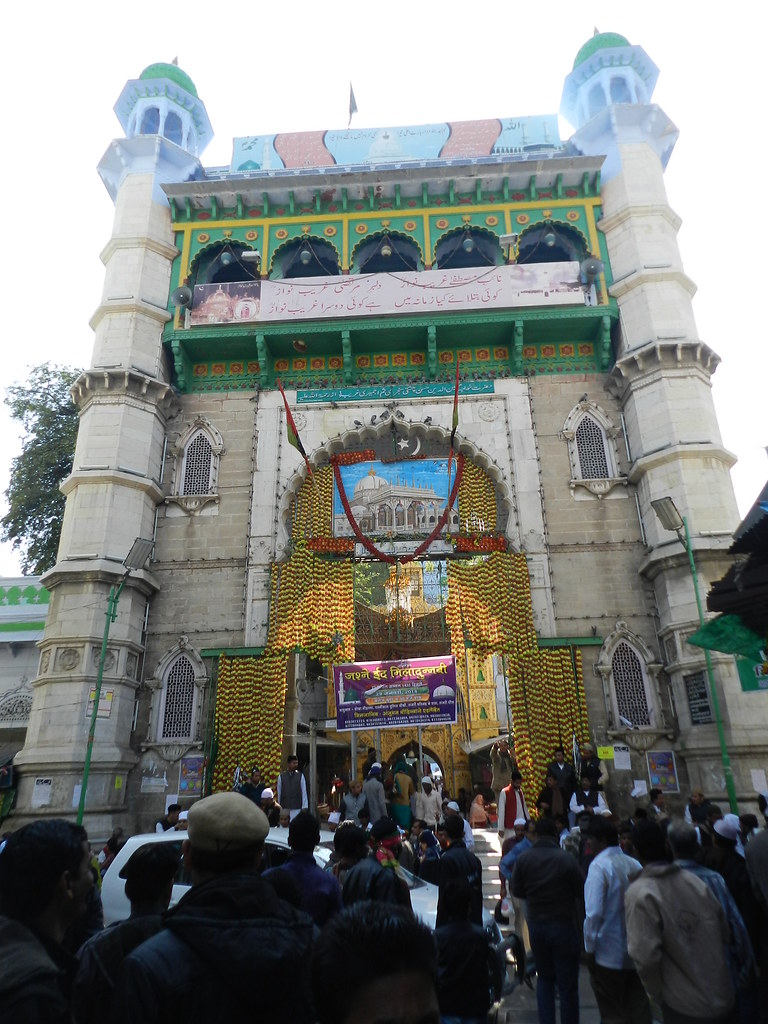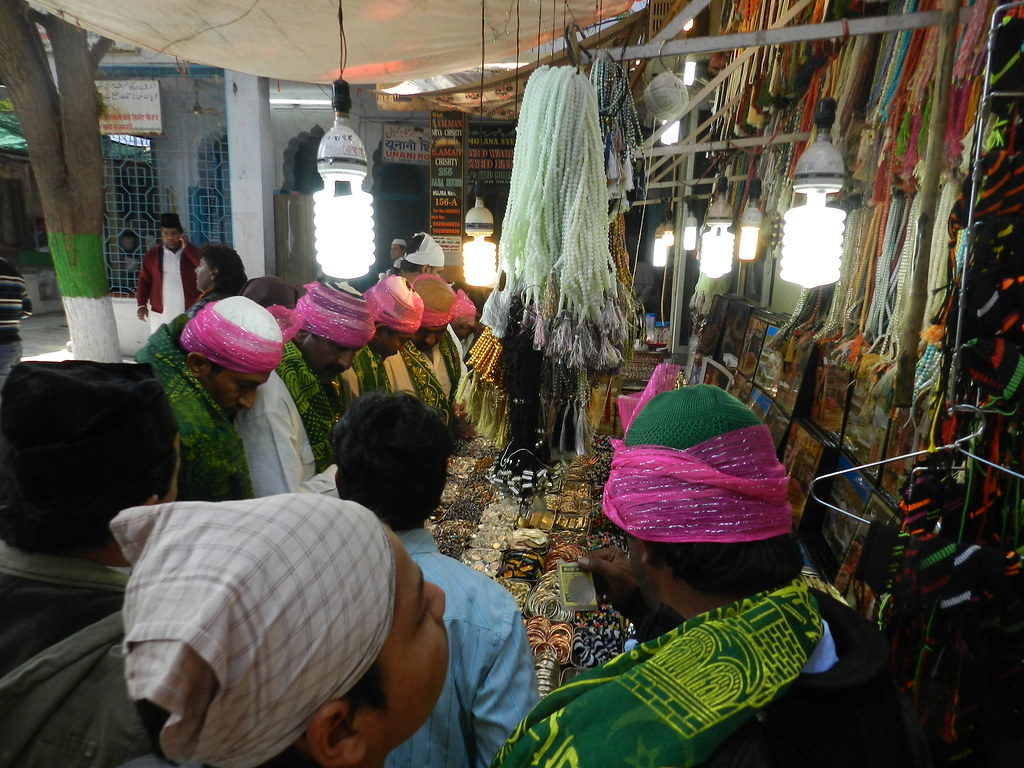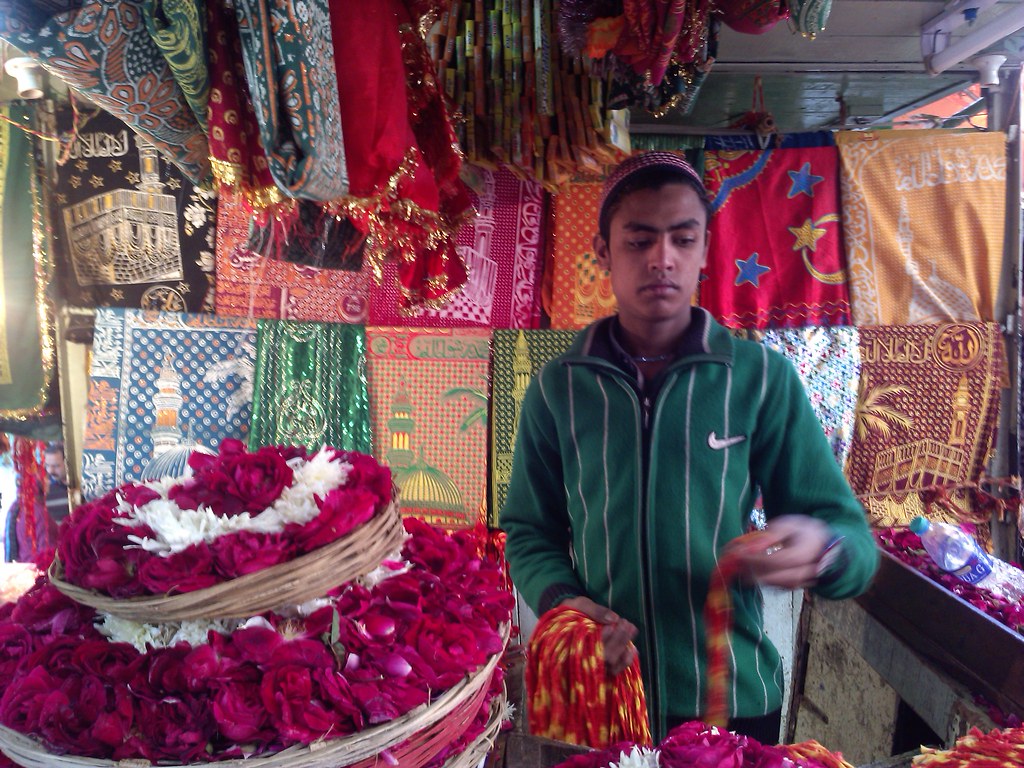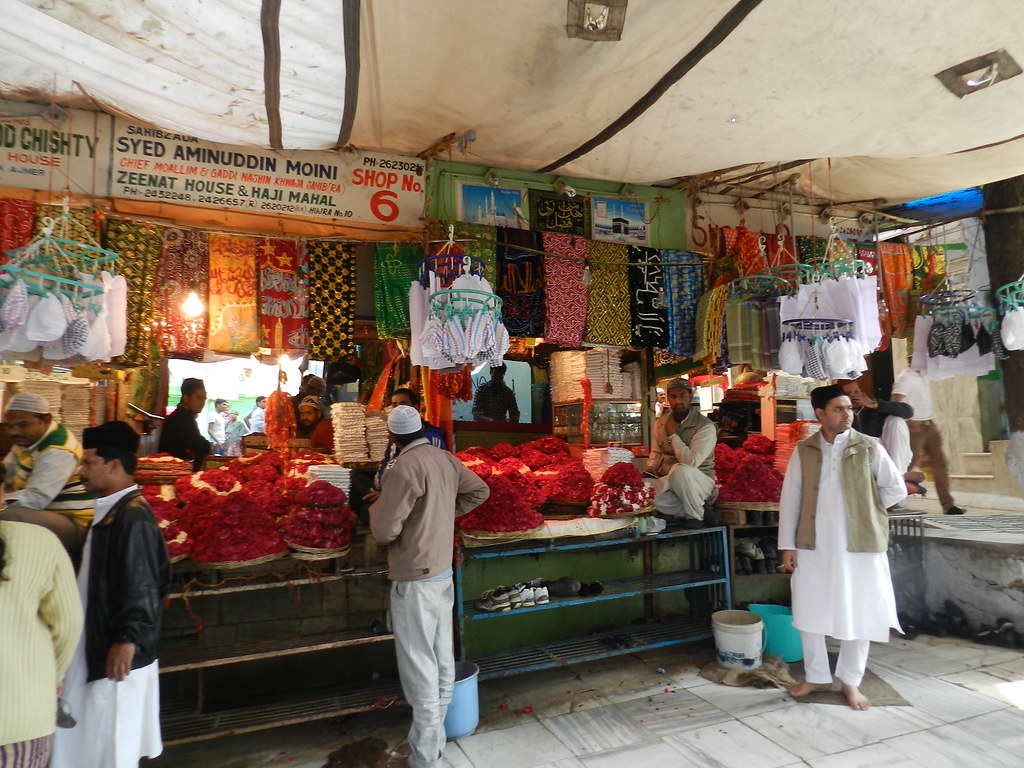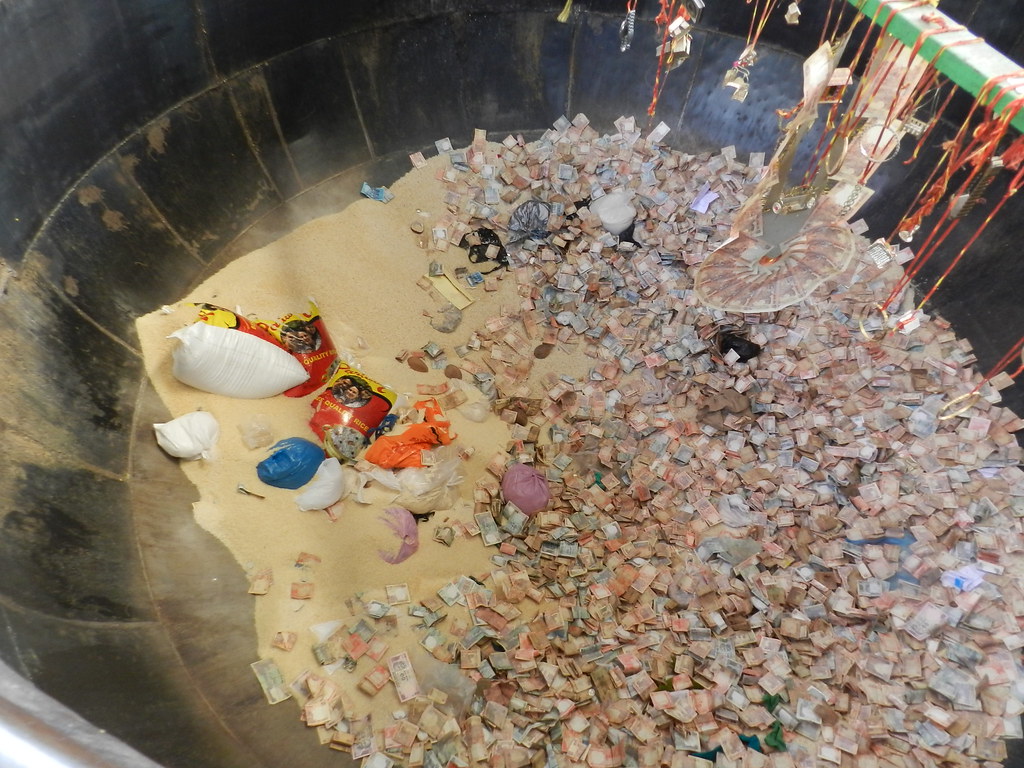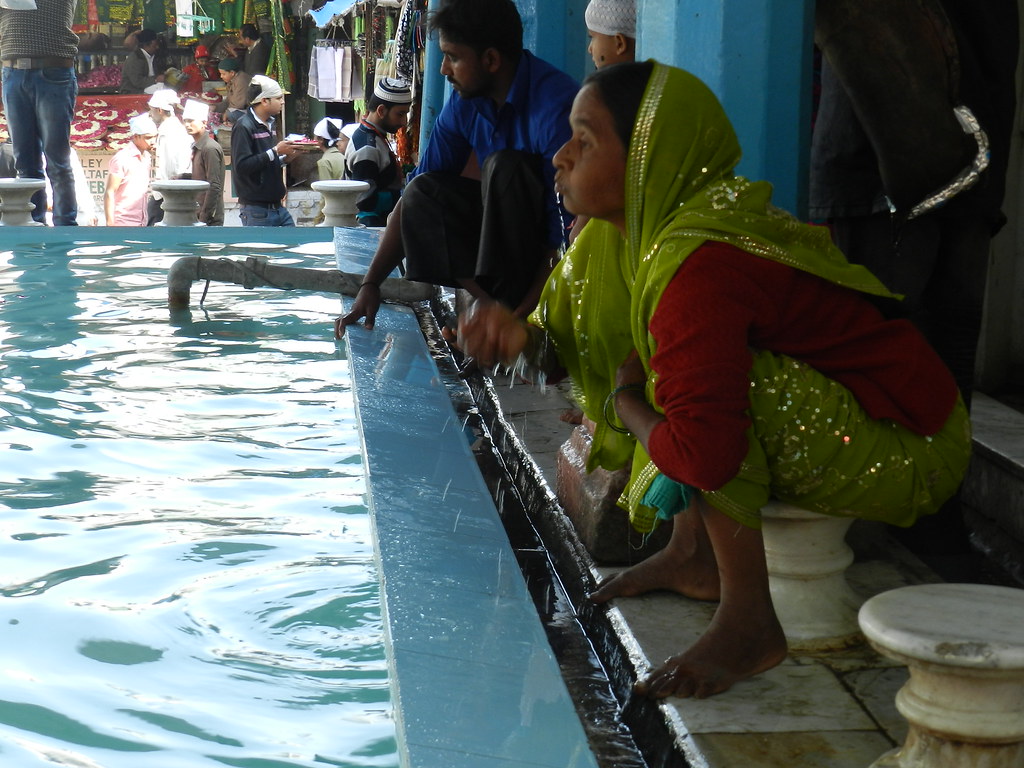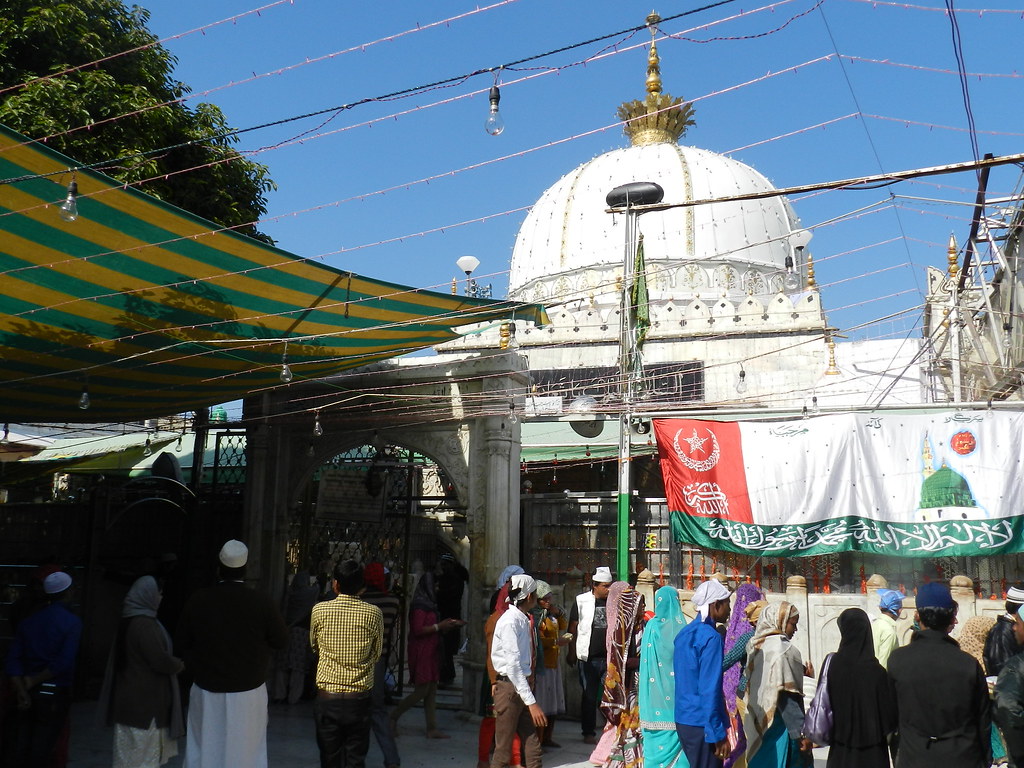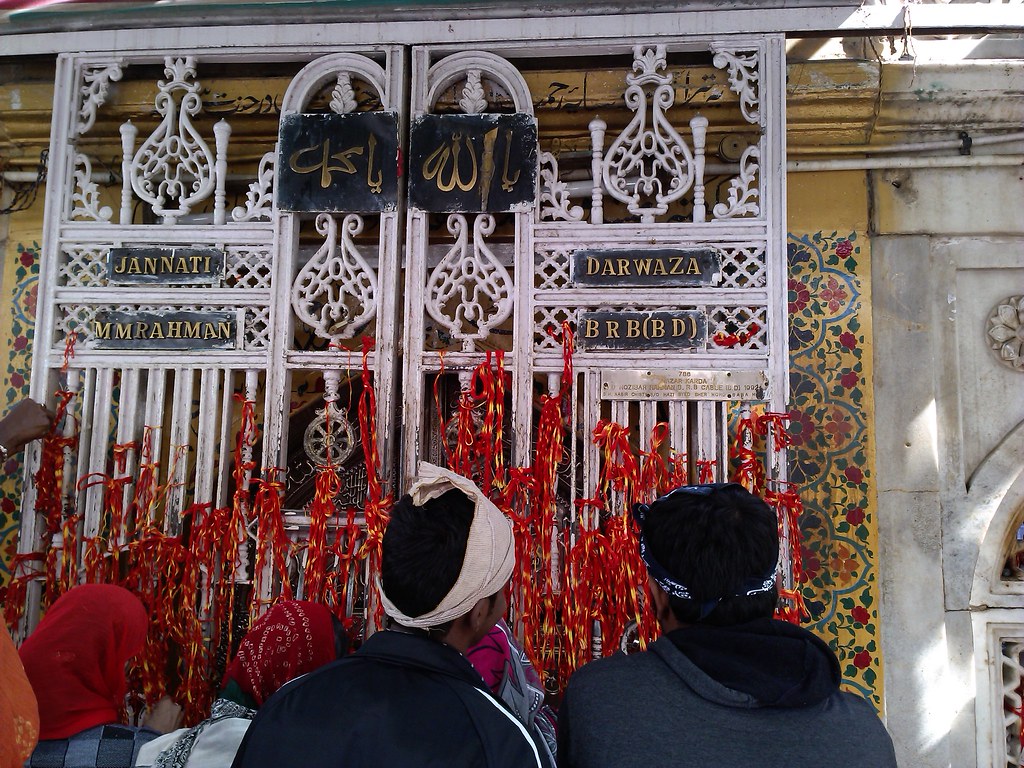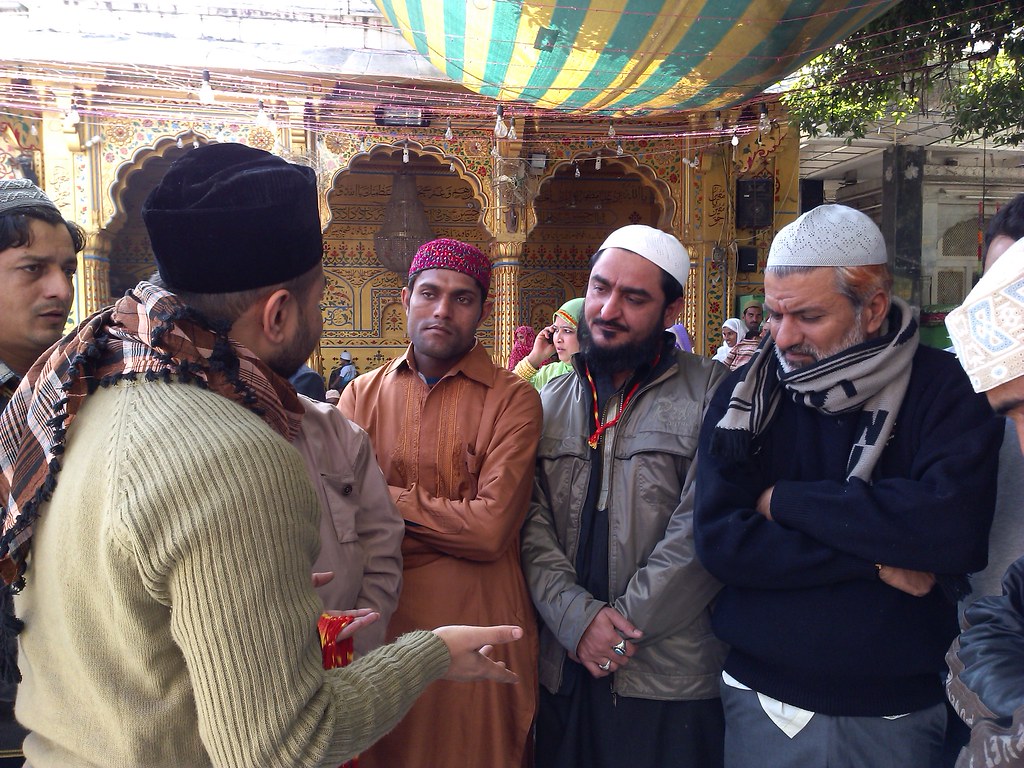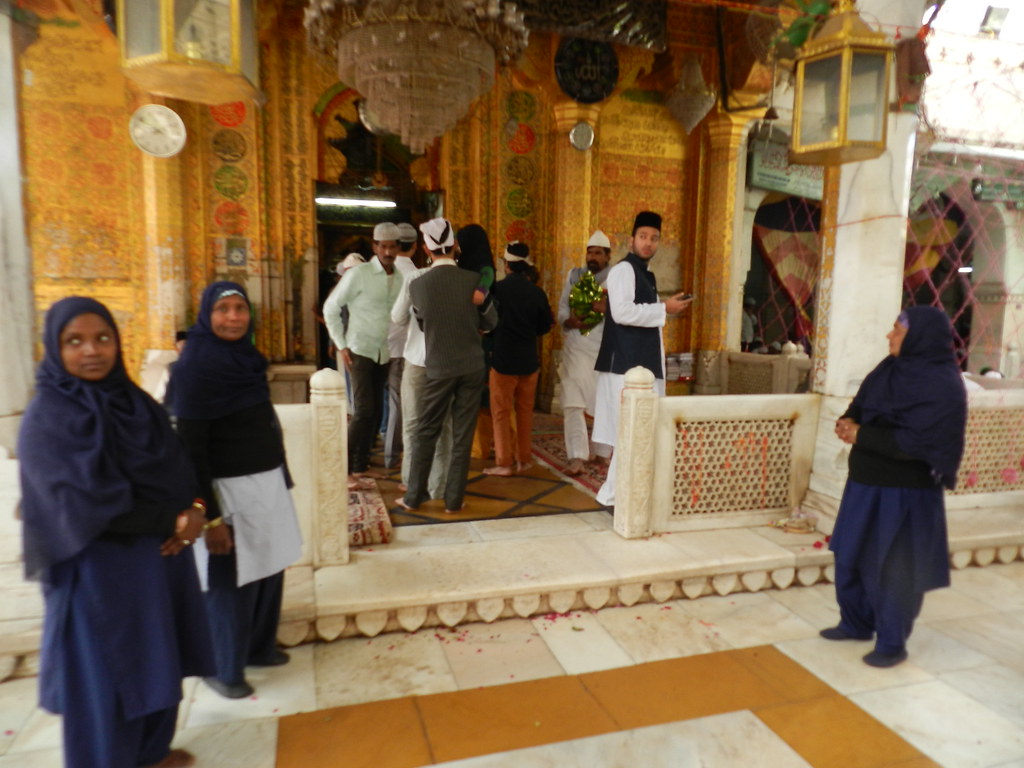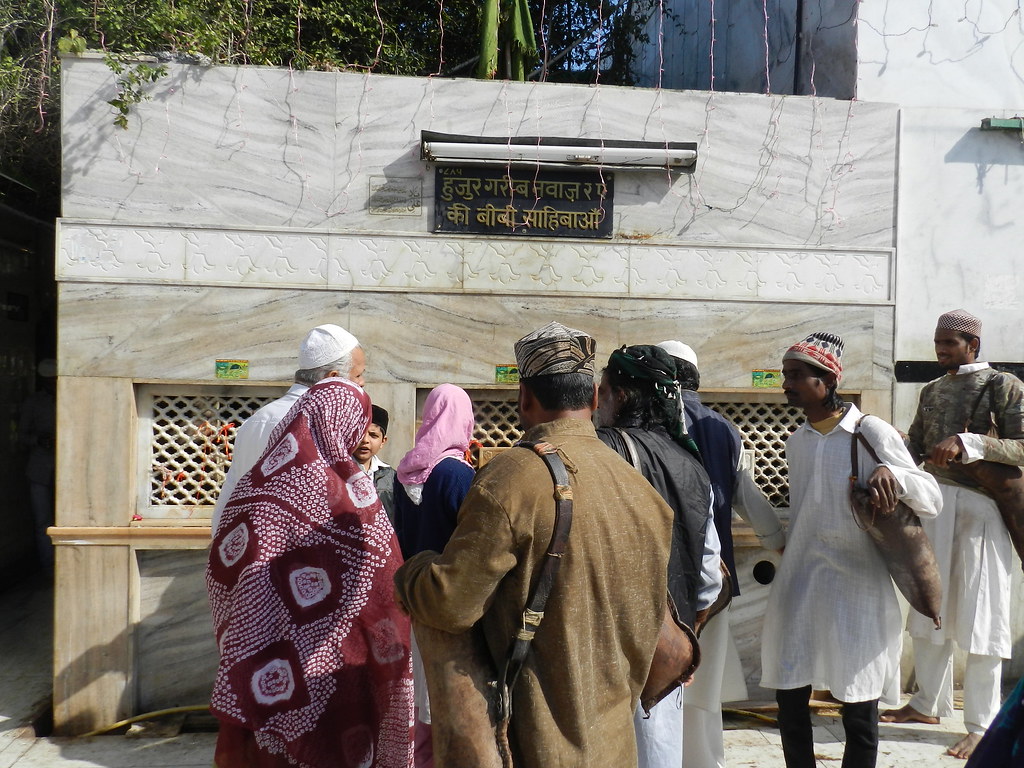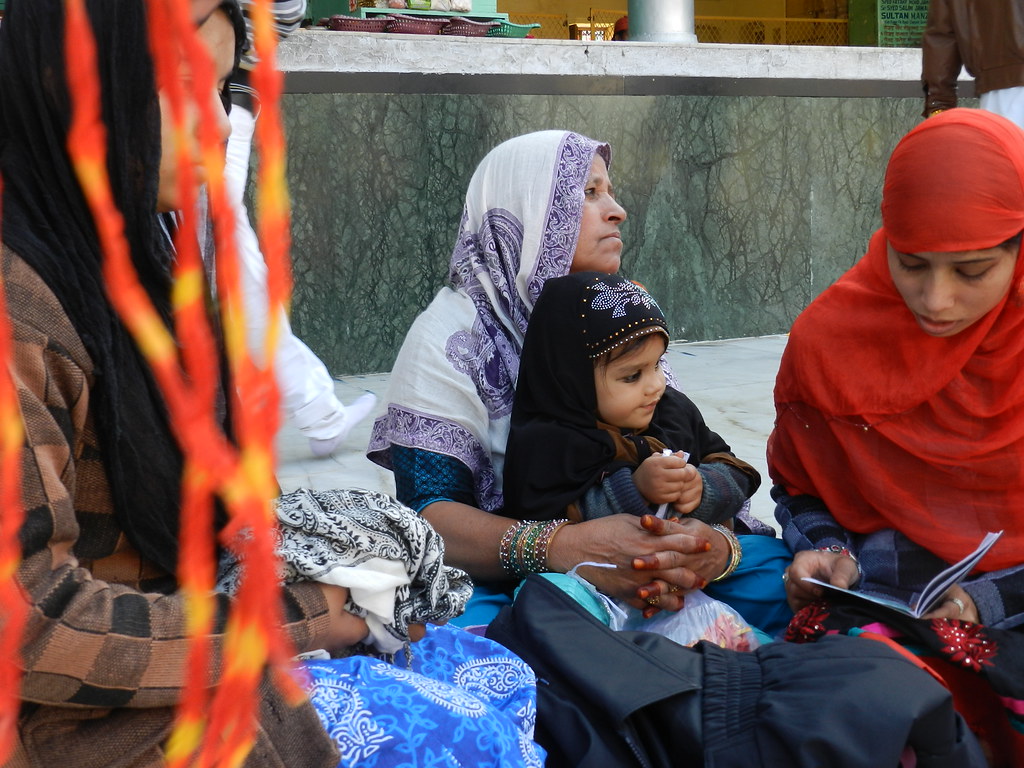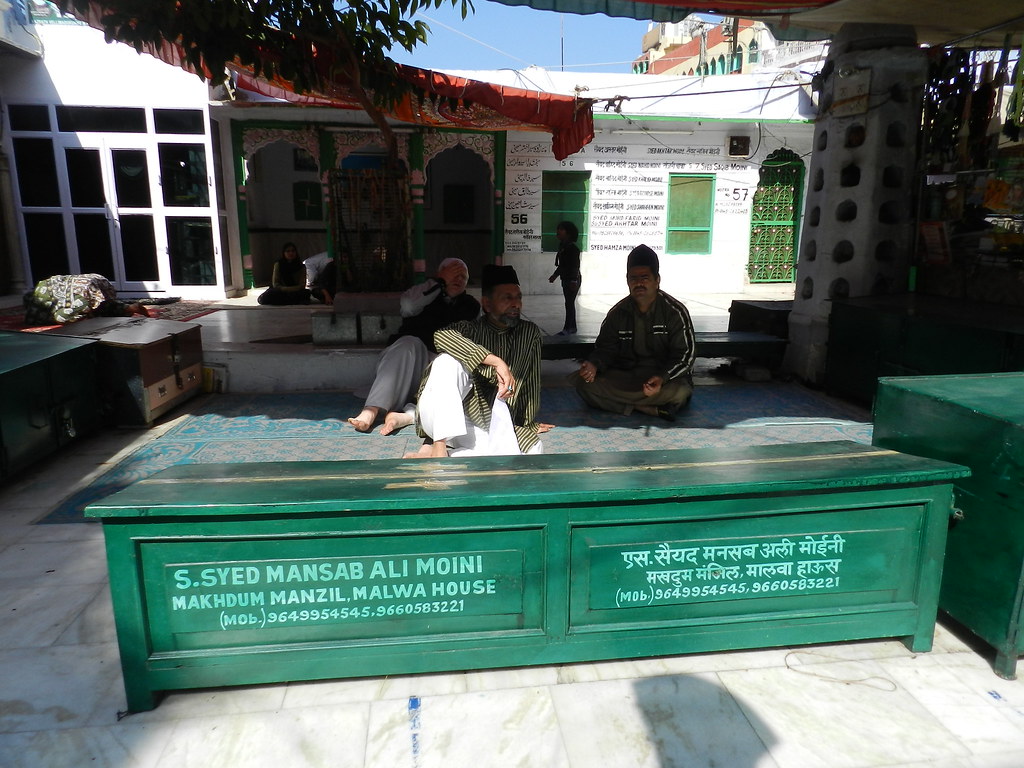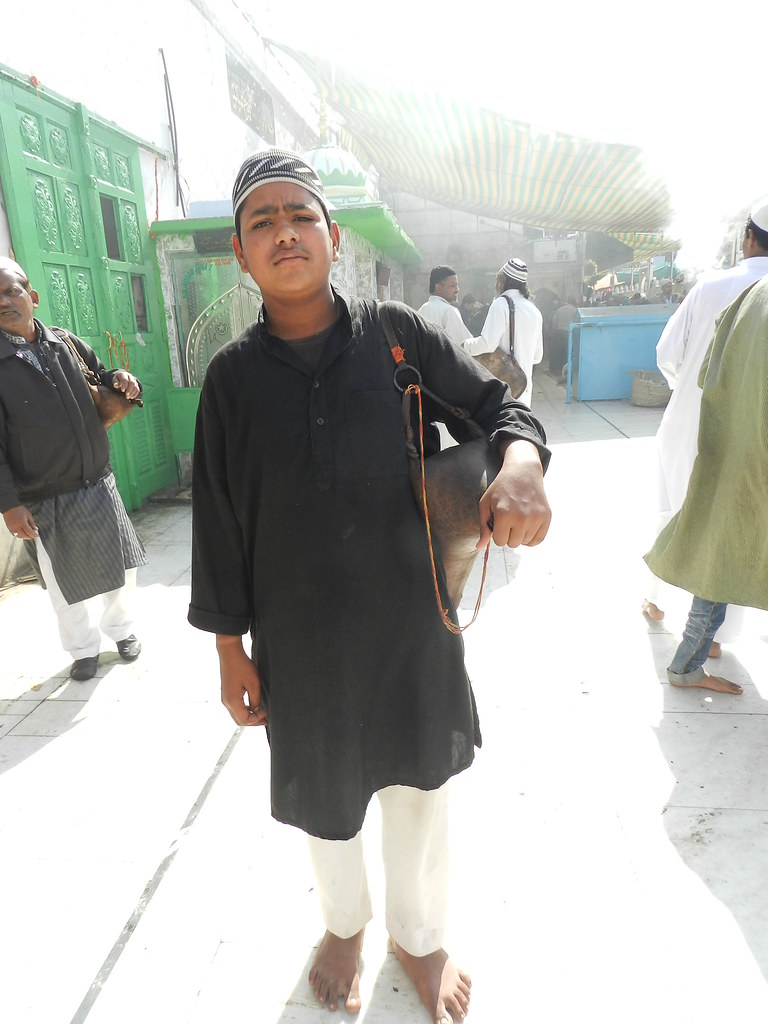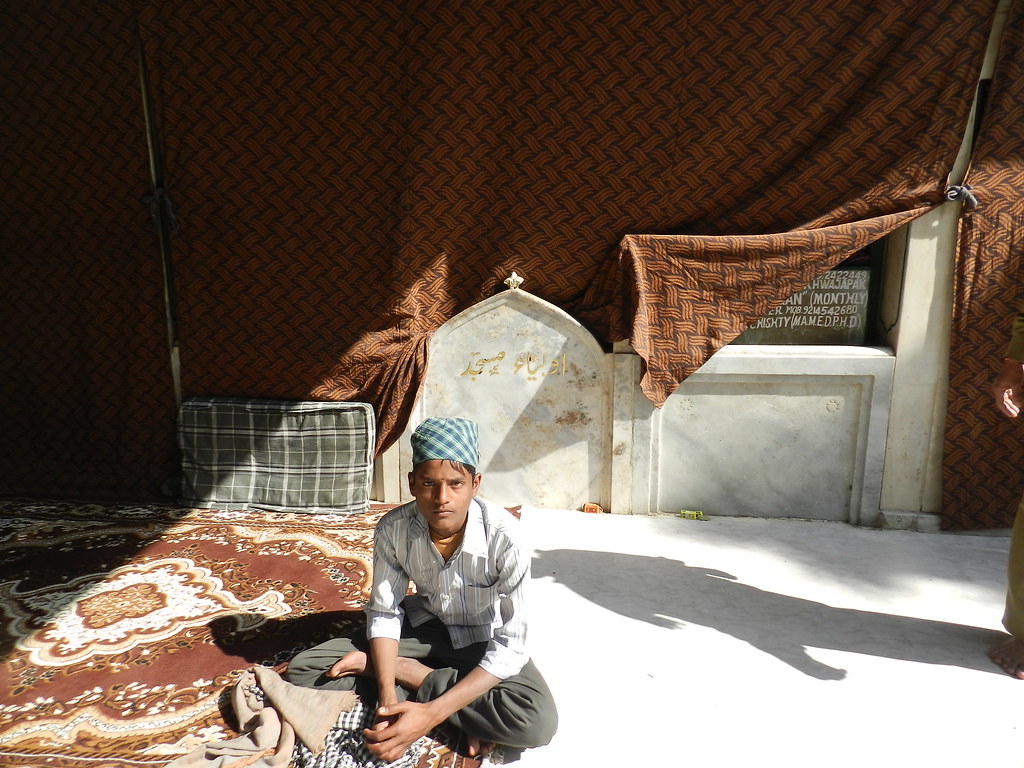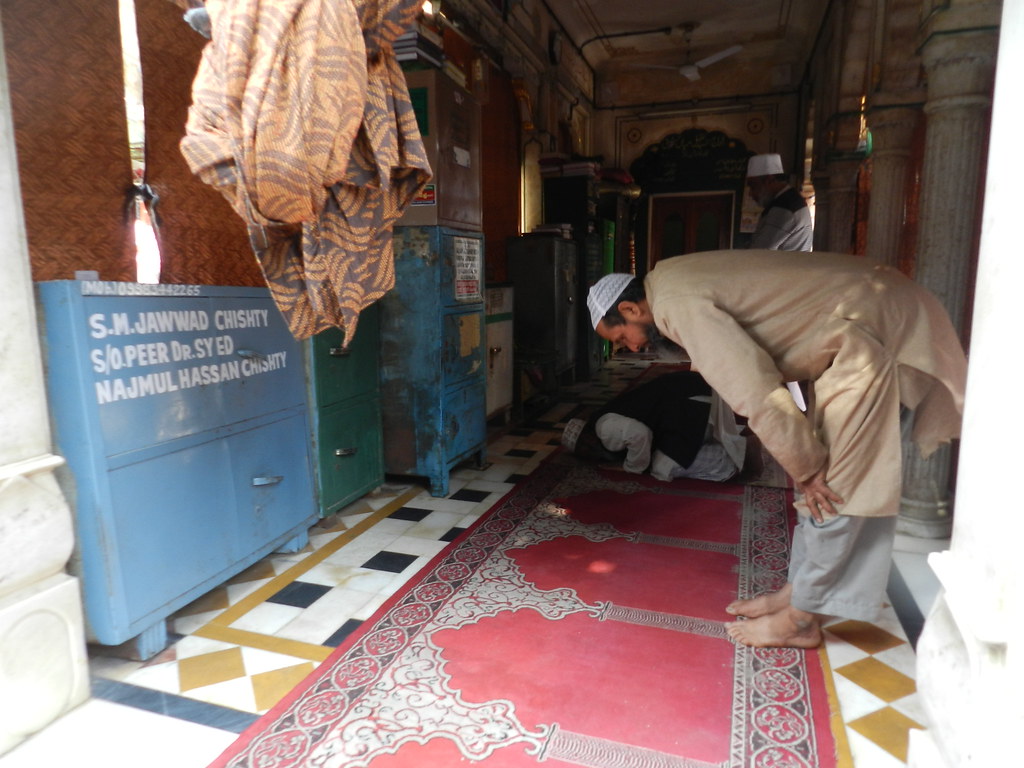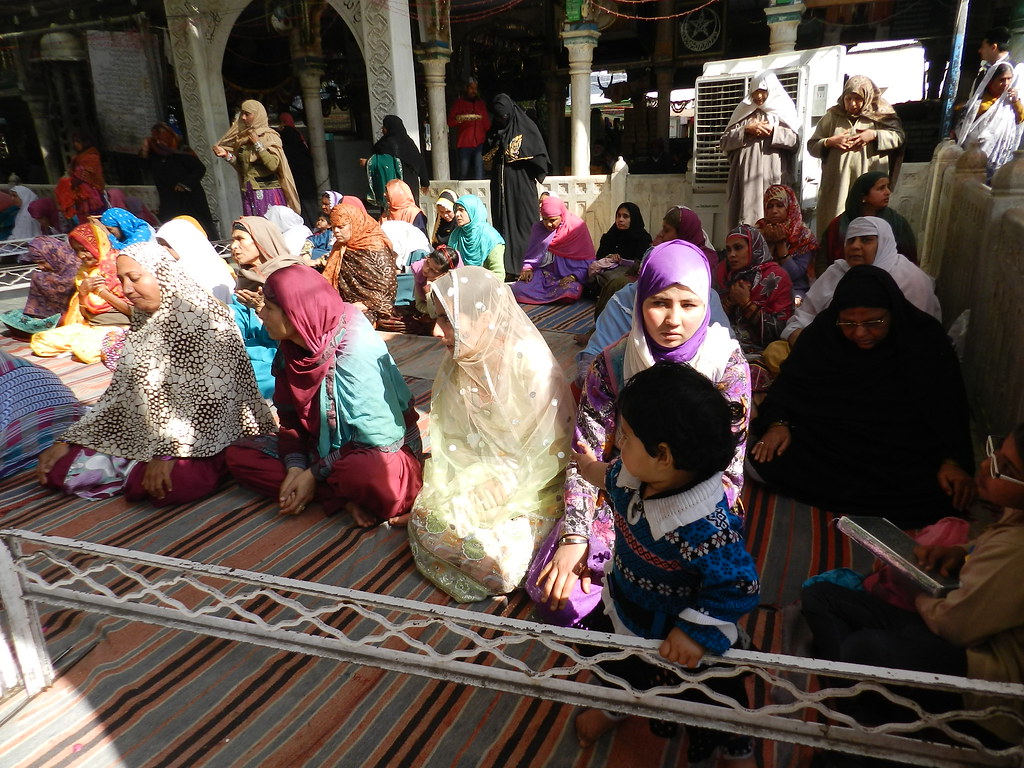By Rahul Dass, IANS,
New Delhi : Bangladesh Prime Minister Sheikh Hasina's politically influential son Sajeeb Wazed has said that only a few Western countries have criticised the general election in the country due to their "own agenda" and wondered why the US was supporting a party that is "allied with Islamic terrorists".
"Our elections have not been criticized by the world. On the contrary, most countries including Russia, China and India among others, have congratulated our government. It has only been a few western countries that have criticized, but that is due to their own agenda," Wazed told IANS in an email interview from Dhaka.
"They (West) are trying to give the BNP (Bangladesh Nationalist Party) veto power over a free and fair election, which would be very damaging for democracy. At the end of the day the elections have to be acceptable to the people of Bangladesh, which they have been," he said and pointed out how the prime minister made "a huge concession in proposing an interim all party government and the BNP was offered any ministries they wanted in this interim government".
"The compulsion was a constitutional one. If no elections were held by Jan 24 then we would be in an unconstitutional situation, which no one wanted," he said.
India-educated Wazed, 43, who is largely considered a successor to Sheikh Hasina, though he does not hold any official position, said that both the American and British governments have been quite supportive of the ruling Awami League.
"It appears to be only the US Embassy in Dhaka that is pushing for new elections, but that is driven more by personal relationships rather than any logical policy. For the US to support a party that is allied with Islamic terrorists and is conducting arson attacks on innocent bystanders and atrocities on minorities against a popular party that is secular and has successfully stopped terrorism makes no logical sense," he stated.
He alleged that Jamaat has spent $25 million lobbying in the US alone against these trials. "Who knows how much they have spent in Europe? So what you are hearing is a paid opinion. It is not legitimate criticism," he said dismissing Western criticism.
Wazed is the grandson of Bangladesh's founding father and first president Sheikh Mujibur Rahman. His mother and Prime Minister Sheikh Hasina is the chairperson of Bangladesh's ruling Awami League party, which returned to power in the country for the second consecutive term. The Sheikh Hasina-led Awami League won 232 seats, securing a three-fourths majority in the 10th parliamentary elections on Jan 5 that were marred by the BNP-led 18-party opposition boycott.
This was the third time that Hasina took over as premier in the last two decades since Bangladesh returned to democracy from military rule. Hasina first came to power in 1996 and then defeated Zia in the 2008 elections.
India's policy, said Wazed, was "not to interfere in what was a domestic matter" and "we appreciate it".
Wazed, who is better known by his nickname Joy, insists he doesn't have "any plans to get involved in politics directly this term". He helps manage the Awami League's political activities and says he will continue on his "Digital Bangladesh vision".
What about the criticism in Western circles that the international tribunal that tried the 1971 war criminals and sentenced to death Jamaat leaders, lacked legitimacy?
"That is not correct. The criticism has been that some of the tribunal processes do not meet international standards, which western countries themselves have changed over the years. Not once have they said that the trials are not legitimate and these people are not guilty.
"It is basic jurisprudence that you cannot apply recent law to a past crime. As you point out, they oppose the death penalty but many western countries used the death penalty until very recently and the US still does, so that argument is not valid," he said.
Wazed criticised Begum Khaleda Zia's politically rising son Tariqur Rahman, saying that his statement against the 1972 (secular) constitution "demonstrates his lack of belief in constitutional processes and elected democracy. It also demonstrates his and his party's ongoing opposition to the sovereignty of Bangladesh itself. This is supremely unpatriotic and treasonous".
He went on to say that Rahman has "several cases against him in various stages of the legal process, including for murder and terrorism for his involvement in the grenade attack on my mother on Aug 21, 2004. His first trial ended recently with him being acquitted for corruption but his accomplice was convicted.
"We have appealed his acquittal and it will go through the legal process. He will be tried for all remaining charges as well."
Are you open to another election if the opposition comes around?
"We are certainly open to discussions but have two conditions. First, there can be absolutely no violence whatsoever.
"Second, they have to break their alliance with Jamaat-e-Islami, which is a party of war criminals that opposed our liberation and we believe is a terrorist organization. This time the onus is completely on the BNP," he said.
He, however, added that there is "absolutely no reason for us to hold early elections and we have a constitutional mandate for five years".
Reminsicing about his days in India, Wazed said that at Nainital he was in "a very strict missionary boarding school, very regimented and disciplined. It taught me a lot of self-discipline which has served me well".
"Kodaikanal was a much more relaxed, easy place after that. The educational standard was very high and I'm very competitive by nature so it suited me well. In Bangalore I was in college and living on independently for the first time. That was quite challenging at first, living on your own in a big city when you are 18."
(Rahul Dass can be contacted at rahul.d@ians.in)
